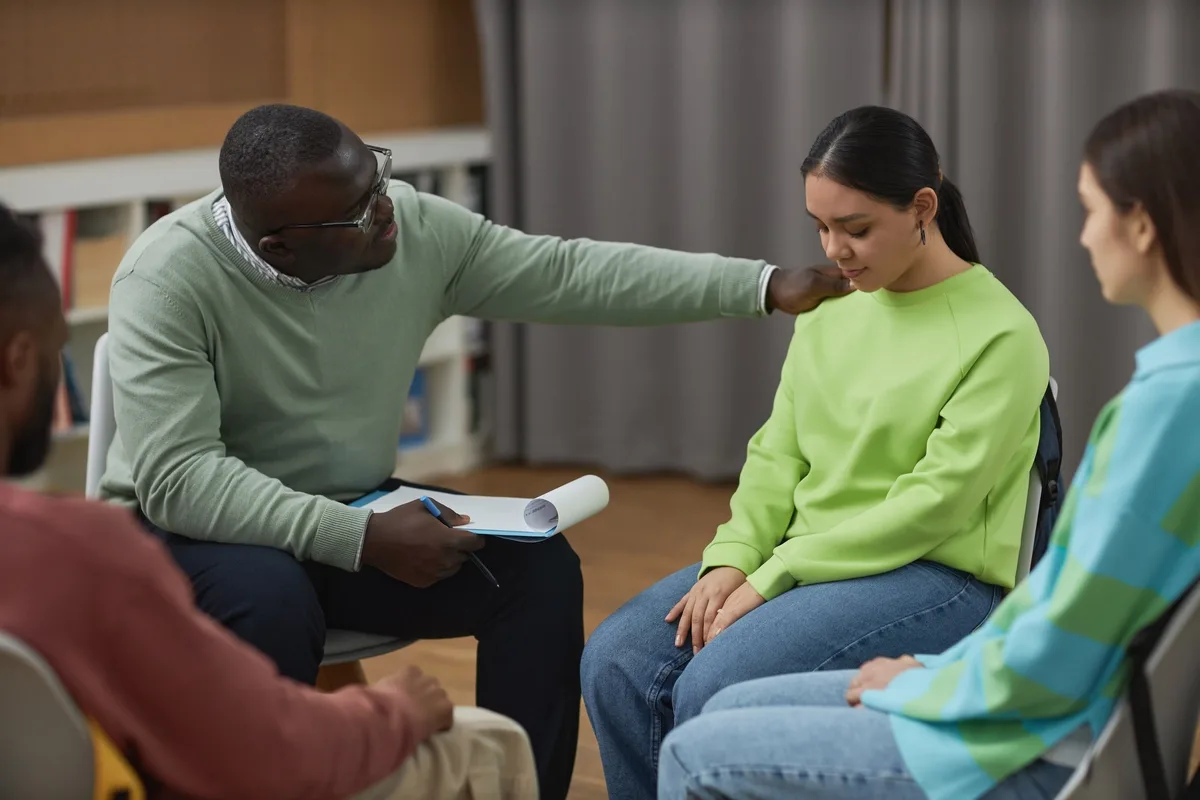24/7 Helpline:
(866) 899-221924/7 Helpline:
(866) 899-2219
Learn more about PTSD Treatment centers in Simpson County
Other Categories in Simpson County

Other Insurance Options

State Farm

Magellan

Carleon

Lucent

Coventry Health Care

Molina Healthcare

Covered California

Magellan Health

Sutter

Humana

Private insurance

Health Choice

Health Net

Self-pay options

BHS | Behavioral Health Systems

Choice Care Network

Regence

Optum

Oxford

United Health Care

Region 8 A & D Residential
Region 8 A & D Residential is a private rehab located in Mendenhall, MS. Region 8 A & D Residential ...

Region 8 Mental Health Services
Region 8 Mental Health Services is a private rehab located in Mendenhall, Mississippi. Region 8 Ment...













































Millcreek of Magee Treatment Center
Millcreek is dedicated to help those children and teens who are dealing with behavioral and mental h...































